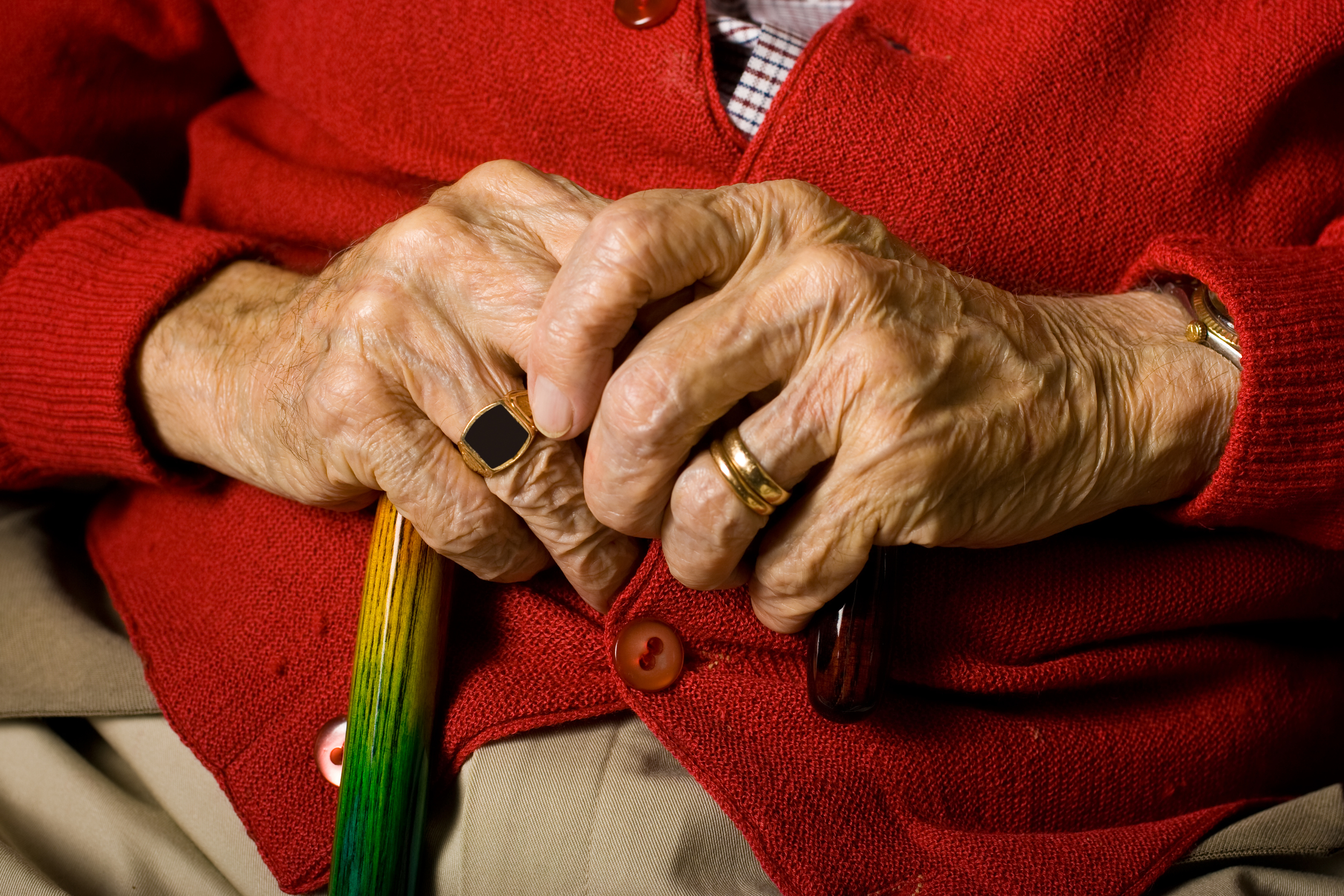
Often, it is only in hindsight that we identity the signs. Therefore, it is important to learn and recognize the symptoms of Alzheimer’s in order to diagnose it early. Here are some of the symptoms you can identify at home:
Memory loss
Forgetfulness is a normal part of aging. It becomes serious, however, when it starts interfering your day-to-day activities. Some symptoms include repeatedly asking the same questions and the inability to recognize relatives or close friends.
Vision Changes
Your vision alters over time, but it may surprise you that vision changes can be a sign of Alzheimer’s. Your loved one may encounter difficulties judging distances or distinguishing colours. These symptoms can be particularly worrisome if they still have an active driver’s license.
Trouble Making Plans
You may see your loved one become overwhelmed with simple plans like making a grocery list or planning a meal. This can lead to further disorientation surrounding place and time, making it difficult to make and maintain plans with others.
Misplacing Things
Everyone tends to misplace their personal belongings from time to time. However, when you continuously find your loved one’s things in strange locations – it can be an indicator of something more than just carelessness.
Challenge in Daily Tasks
Early side effects of Alzheimer’s can make daily tasks difficult or impossible. When your loved one forgets how to perform a task they’ve done hundreds of times before such as cooking a favourite dish or boiling water, it can be sign that they should seek treatment.
Irresponsible Decision Making
When a loved one’s decisions suddenly seem irresponsible or abnormal, it may be due Alzheimer’s. For example someone who is ordinarily frugal with their finances could make outlandish purchases due to Alzheimer’s.
Mood Swings
Alzheimer’s can cause confusion, fatigue, anger and simply being overwhelmed. Often these emotions are amplified by the inability to communicate their feelings, which can lead to withdrawal. It’s important to recognize these blameless mood swings and encourage seeking help.
You know your loved one best and you know when they are not acting as themselves. It can be heartbreaking, but don’t be afraid to talk about it. Ultimately, an early diagnosis of Alzheimer’s will help them maintain their independence for longer. Moreover, it allows you the time to explore treatments, plan for the future and find quality care for you and your loved ones.
About The Author
Stephen Bleeker
Stephen Bleeker is dedicated to redefining senior care as the CEO and founder of Assurance Home Care. His passion for enhancing the quality of life for seniors is at the heart of the company’s mission, which focuses on supporting aging in place through compassionate, personalized care. With a diverse background spanning music, lifestyle, and entertainment, Stephen brings a unique blend of creativity and strategic insight to the healthcare industry. His knack for innovation, customer experience, and holistic marketing has consistently led to exceptional outcomes, making him a dynamic leader who’s transforming how care is delivered.